Black Ants in House | Eliminate Black Ants in House with Ease
Black ants thrive in environments where they can find food, water, and suitable living spaces. They can transmit diseases and cause allergies, making it crucial to take prompt action. Before we dive into the solutions, let's first understand the behavior of black ants and how to identify them.

Key Takeaways:
- Black ants can be effectively eliminated by understanding their behavior and removing attractants in your house.
- Identification of different ant species is crucial for choosing the right elimination methods.
- Prevention is better than cure: implementing measures to discourage ants from entering your home can help prevent infestations.
- Locating and destroying ant nests plays a vital role in eliminating black ants.
- Natural remedies, such as ant baits and non-repellent sprays, can be used as safe alternatives to chemical pesticides.
Understanding Ant Behavior
Ants are fascinating creatures that exhibit complex behaviors in their colonies. Understanding ant behavior is essential for effectively eliminating them from your surroundings. Let's explore some key aspects of ant behavior that will give you insights into their lives and habits.
All ants live in colonies, consisting of one queen and numerous female worker ants. The queen is the heart of the colony, living for more than a year and continuously producing offspring. Male ants, on the other hand, have wings and their sole purpose is to mate with the queen before they die.
Ants use pheromones, chemical signals, to communicate and navigate their surroundings. They release these pheromones to mark trails, leading other ants to food sources or warning them of potential danger. This collective communication ensures effective foraging and colony coordination.
Most ants prefer to live outdoors, but they may enter homes in search of food or water. They are attracted to convenient entry points near these resources. Understanding this behavior can help you identify potential entry points and take preventive measures.
Some ant species, such as carpenter ants, create nests within wooden structures. These ants can pose a significant threat to the integrity of your property. Recognizing their nesting patterns and locations is crucial for effective elimination.
To illustrate the complexity of ant behavior, check out this image:
The image provides a visual representation of ants communicating through pheromones, foraging for food, and building their nests. It highlights the intricate nature of their behavior and the importance of understanding it for successful ant elimination.
Identifying Common Ant Species
When it comes to dealing with ants in your home, it's important to identify the specific ant species you're dealing with. There are several common ant species that you may encounter in your garden, kitchen, or bathroom. By understanding the characteristics and behavior of these ants, you can choose the most effective elimination methods.
Black ants
Black ants, also known as common house ants, are one of the most frequently encountered ant species. They are attracted to food and water sources in your home and can quickly establish colonies. While their presence may be a nuisance, black ants are generally harmless and can be easily eliminated using various methods.
Carpenter ants
Carpenter ants are larger ants that create tunnels in wooden structures. They are known for their destructive behavior and can cause significant structural damage if left unchecked. Identifying carpenter ants early on is crucial to preventing serious infestations and protecting your home.
Pavement ants
Pavement ants, as the name suggests, are commonly found nesting in cracks and crevices in pavements and driveways. They often enter homes in search of food and are attracted to sweet or greasy substances. By sealing pavement cracks and eliminating food sources, you can prevent pavement ant infestations.
Argentine ants
Argentine ants are aggressive ants that are capable of overrunning and eliminating nearby ant colonies. They form supercolonies and can quickly become a nuisance in and around your home. It's important to act promptly to control Argentine ants before they establish a stronghold.
Fire ants
Fire ants are notorious for their painful stings and bites. They inject venom that causes intense burning and can be a serious threat, especially to those with allergies. Fire ants usually build their nests in or near the soil, and eliminating them requires careful planning and appropriate methods.
Harvester ants
Harvester ants are commonly found in outdoor areas, where they clear vegetation around their nests. They are not a significant indoor pest but can become a nuisance in gardens and lawns. Understanding their behavior and habitat can help you manage them effectively.
Identifying the ant species invading your home is the first step towards effective ant elimination. Once you know which ants you're dealing with, you can choose the most appropriate methods to eradicate them. Remember, if you're unsure or facing a severe infestation, it's always best to consult with a professional pest control service for expert assistance.
Eliminating Ants Through Prevention
Preventing ant infestations is key to long-term elimination. By taking proactive measures to eliminate their food sources and restrict their access to your home, you can effectively deter ants from entering.
Eliminating food sources: Start by cleaning up food crumbs and properly sealing and storing food in airtight containers. This includes pet food as well. Keeping your kitchen and dining areas clean and free of food debris will help eliminate ant attractions.
Closing off entry points: Seal cracks and crevices around your home to prevent ants from finding their way in. Pay close attention to windowsills, door frames, and any other potential entry points. This will make it more difficult for ants to infiltrate your home.
Pet areas: Keep your pets' eating areas clean and free of food residue. Elevating their food and water bowls can also help prevent ants from accessing them.
Garbage disposal: Dispose of garbage regularly and make sure trash cans are closed and tightly sealed. Avoid leaving garbage inside your home overnight.
Clean up messes: Promptly clean up spills, crumbs, and other messes that can attract ants. Use strong-scented cleaners or a mixture of water and vinegar to erase ant trails and confuse them.
Airtight containers: Store food in airtight containers to prevent ants from accessing it. This includes dry goods such as cereal, flour, and sugar. Airtight containers create a barrier that ants cannot penetrate.
By implementing these preventive measures, you can limit ants' access to food and water, making your home less inviting to them. This proactive approach is an effective way to discourage ants from entering your living space.
Locating and Destroying Ant Nests
Locating ant nests is crucial for effective elimination. To find the nests, you can take advantage of ants' foraging behavior. By placing sweet or protein-rich food crumbs along their foraging paths, you can excite the ants and observe their movements. As they assemble and follow the trails, they will eventually lead you directly to their nests.
If locating the nests yourself proves challenging, seeking professional help is a viable option. Professional pest control services have the experience and expertise to locate and destroy even the most elusive ant nests. They are equipped with the necessary tools and methods to tackle difficult infestations.
When searching for ant nests, it's important to keep in mind common areas where ants tend to establish their colonies. These areas include bathrooms, attics, external walls, under furniture and appliances, as well as outdoor hiding spots like woodpiles and decaying vegetation. By thoroughly inspecting these areas, you increase your chances of locating the nests.
Once you have successfully located an ant nest, it's time to eliminate it. Depending on your preference, you can use preferred methods such as natural remedies or consult with a professional for appropriate treatment options. With the nest effectively eliminated, you can significantly reduce the ant population in and around your home.

Seeking Professional Help
If you are struggling to locate ant nests or dealing with a severe infestation, it is advisable to seek professional ant control services. Professional pest control technicians have the knowledge, experience, and resources to effectively handle ant nest elimination and prevent future infestations.
A reputable pest control company like [Insert Name of Pest Control Company] can provide a thorough evaluation of your ant problem, identify potential nesting sites, and implement safe and targeted pest control measures. Professional assistance can ensure long-lasting solutions and peace of mind in your ant-free environment.
Natural Remedies for Ant Elimination
When it comes to eliminating ants from your home, there are many natural remedies you can try. These methods are safe, effective, and environmentally friendly, providing a great alternative to chemical pesticides. Let's take a look at some of the most popular natural remedies for ant elimination:
Ant Bait
Using ant bait is an effective way to eliminate ants from your home. Ants are attracted to the bait, consume it, and bring it back to their nest, spreading the insecticide and effectively eliminating the entire colony.
Non-Repellent Spray
A non-repellent spray allows ants to come into contact with the poison, eliminating them. This spray disrupts the ant's systems, preventing them from functioning properly and ultimately leading to their demise.
Boric Acid
Boric acid is a common ingredient in many ant control products. It disrupts the ant's nervous system, causing them to die. It's important to be cautious when using boric acid, as it can be toxic to humans and pets if ingested.
Boiling Water
Pouring boiling water directly into ant nests is an effective way to kill ants. The hot water disrupts their nesting area, causing them to scatter or die.
Vinegar
Vinegar can disrupt ant pheromones and deter them from entering your home. Mix equal parts of water and vinegar in a spray bottle and apply it to areas where ants are frequently seen.
Diatomaceous Earth
Diatomaceous earth is a natural substance that is made from tiny fossilized algae. It can stick to the legs of ants, causing them to dehydrate and die. Sprinkle diatomaceous earth in areas where ants are present or along their entry points.
Dish Soap
Mixing dish soap with water creates a soapy solution that can kill ants on contact. Spray this mixture directly onto ants or along their trails to deter them from entering your home.
Coffee Grounds
Spreading used coffee grounds around your home can help keep ants at bay. The strong smell of coffee disrupts their pheromone trails, making it difficult for them to find their way inside.
Peppermint Oil
Peppermint oil is known to repel ants due to its strong scent. Mix a few drops of peppermint oil with water and spray it along ant entry points or areas where ants are frequently seen.
Lemon Juice
The acidic nature of lemon juice can disrupt ant pheromones and deter them from entering your home. Squeeze fresh lemon juice and mix it with water in a spray bottle. Apply it to areas where ants are present.
Caulk
Sealing any cracks or crevices in your home with caulk can help prevent ants from entering. Pay close attention to areas around windows, doors, and pipes, as these are common entry points for ants.
By using these natural remedies, you can effectively eliminate ants from your home without resorting to harmful chemicals. Remember to be persistent and consistent in your efforts to keep your home ant-free.
Home Remedies for Ant Prevention
Besides eliminating ants, there are home remedies that can help prevent future infestations. By implementing these preventive measures, you can create an inhospitable environment for ants, keeping them out of your home.
Using Chalk
One effective method to deter ants is by using chalk. Draw a line of chalk along entry points and areas where ants are commonly seen. The calcium carbonate in the chalk creates a barrier that ants will avoid crossing, deterring them from entering your home.
Baking Soda and Vinegar
Mixing baking soda with vinegar creates a natural ant killer. The combination disrupts ant systems and can kill them on contact. Prepare a solution of equal parts baking soda and vinegar, and spray it directly on ants or around their entry points.
Lemon Juice
Lemon juice is another effective deterrent for ants. The strong citrus scent disrupts ant pheromone trails, making it difficult for them to navigate. Squeeze fresh lemon juice and spray it along baseboards, windowsills, and any areas where ants are present.
Diatomaceous Earth
Diatomaceous earth is a natural insecticide that can deter or kill ants. It is a fine powder made from fossilized marine organisms. Sprinkle diatomaceous earth around ant trails, entry points, and areas where ants are active. The sharp edges of the powder will stick to ant legs, dehydrating and ultimately killing them.
Boiling Water and Dish Soap
A mixture of boiling water and dish soap can be an effective method for destroying ant colonies and hills. Boil a pot of water and add a few drops of dish soap. Pour the mixture directly onto ant hills or into their nests to eliminate the colony.
Coffee Grounds
Used coffee grounds can serve as a natural ant repellent. Sprinkle coffee grounds around the perimeter of your home or near entry points to create a barrier that ants are reluctant to cross. Refresh the coffee grounds regularly for maximum effectiveness.
Spices, Garlic Cloves, Bay Leaves
Ants are deterred by strong odors produced by certain spices, garlic cloves, and bay leaves. Place these items near ant entry points or in areas where ants are commonly seen. The strong scents will repel ants and discourage them from entering your home.
Salt and Talc
Salt and talc are natural substances that can deter ants. Sprinkle salt or talcum powder in areas where ants are present or along their entry points. These substances can disrupt ant pheromones and make your home less appealing to them.

Implementing these home remedies for ant prevention can help you maintain an ant-free environment in your home. By using chalk, baking soda and vinegar, lemon juice, diatomaceous earth, boiling water and dish soap, coffee grounds, spices, garlic cloves, bay leaves, salt, and talc, you can effectively deter ants and keep your home free from their presence.
Professional Pest Control Services
If DIY methods fail to eliminate ants or you are dealing with a serious infestation, it is time to consider calling in professional pest control services. These experts have the knowledge, tools, and safe pest control methods to effectively eliminate ants from your home.
Professional pest control services offer a range of benefits when it comes to ant eradication. Their expertise allows them to assess the extent of the infestation and provide a professional evaluation of the problem. This evaluation helps in determining the best course of action for long-term solutions and prevention.
One reputable pest control company that specializes in ant control is Native Pest Management. With their quality services and extensive experience in dealing with ant problems, they can provide you with the safe pest control you need to eliminate ants from your home.
If your ant problem persists or worsens despite your efforts, it is advisable to seek professional assistance. Professional pest control services can offer effective solutions and ensure the safety of your home and family.
Conclusion
Dealing with black ants in your house can be a frustrating experience, but there are effective solutions available. By understanding ant behavior and identifying common ant species, you can better target their elimination.
Implementing preventative measures, such as controlling food and water sources, can go a long way in keeping ants out of your home. Locating and destroying ant nests is crucial for long-term elimination, and there are natural remedies you can use to combat ant infestations.
In cases where the infestation is severe or DIY methods have failed, it is recommended to seek professional pest control assistance. Professional pest control services offer expertise and safe pest control methods that can address your ant problem effectively.
By combining these strategies, including prevention tips, natural remedies, and professional pest control, you can eliminate black ants from your house and ensure they don't return. Take action today and regain control of your home.
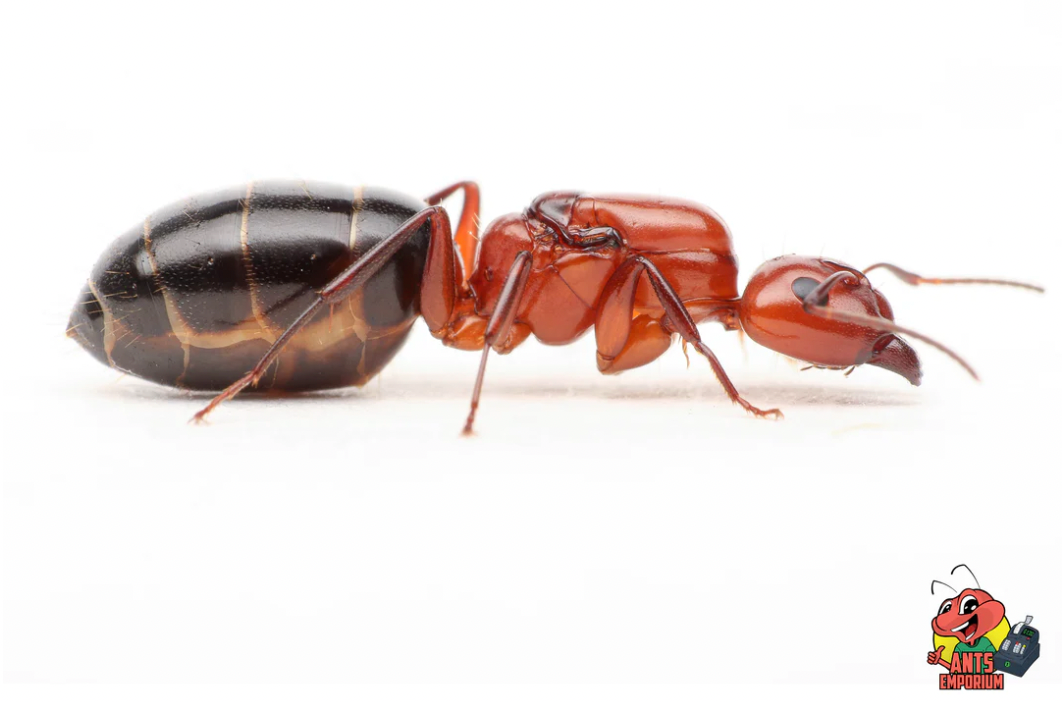
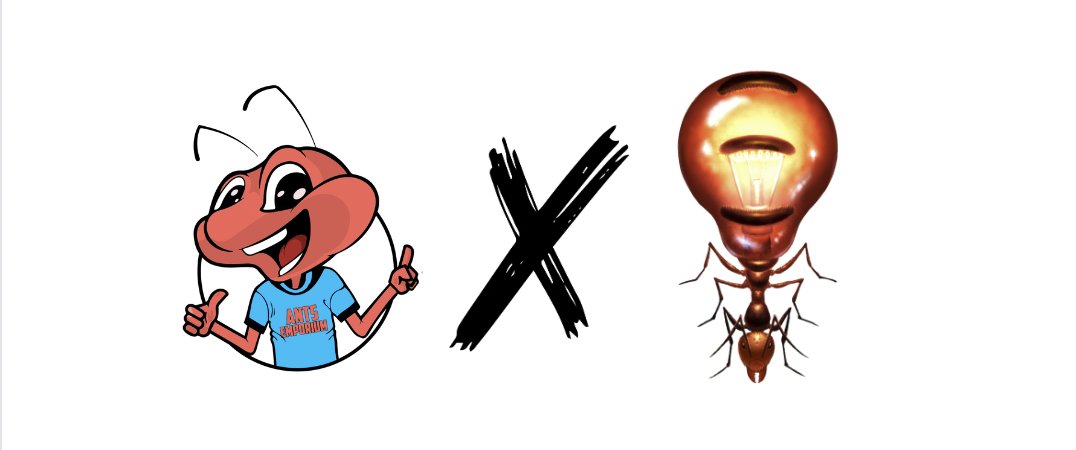
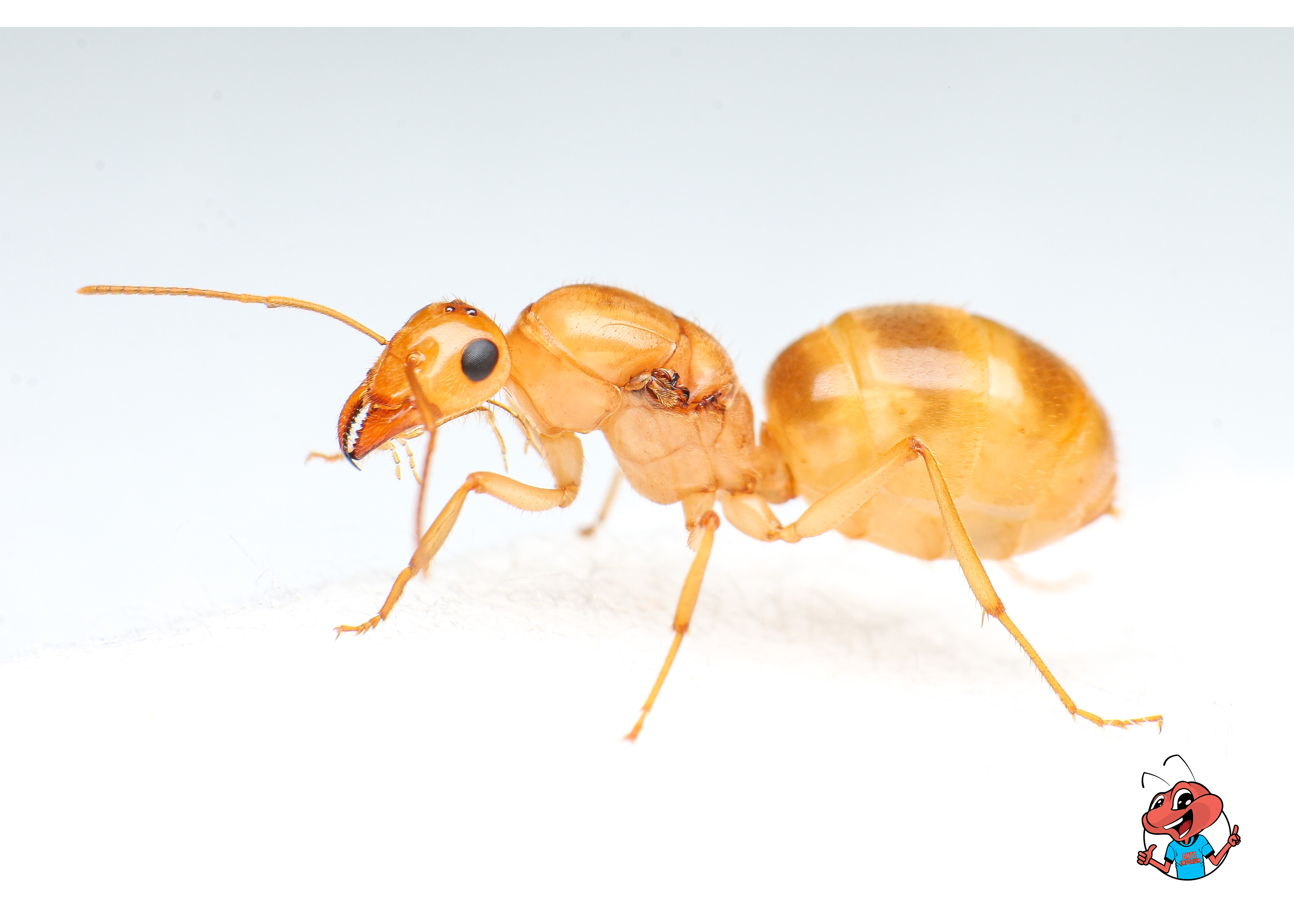
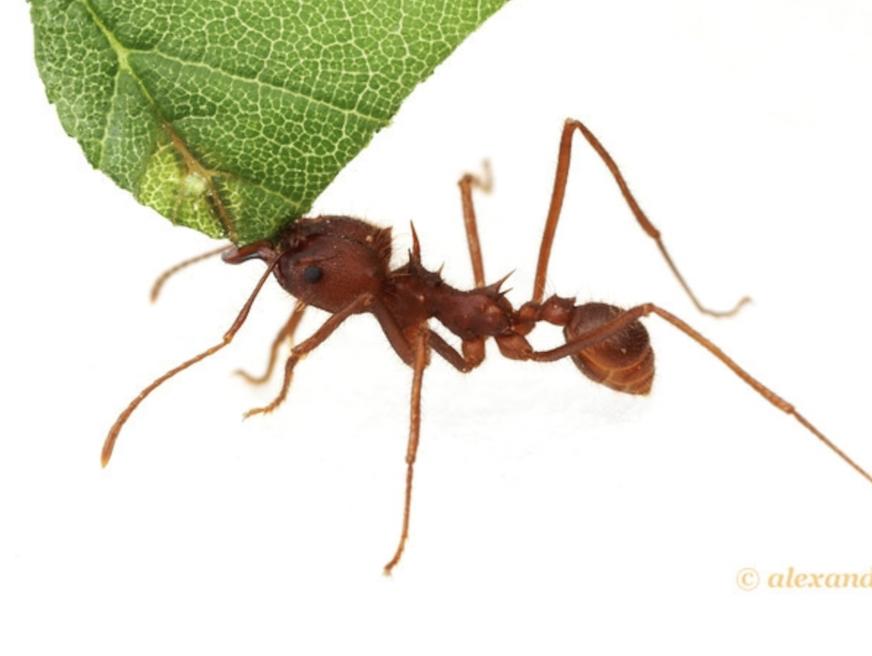
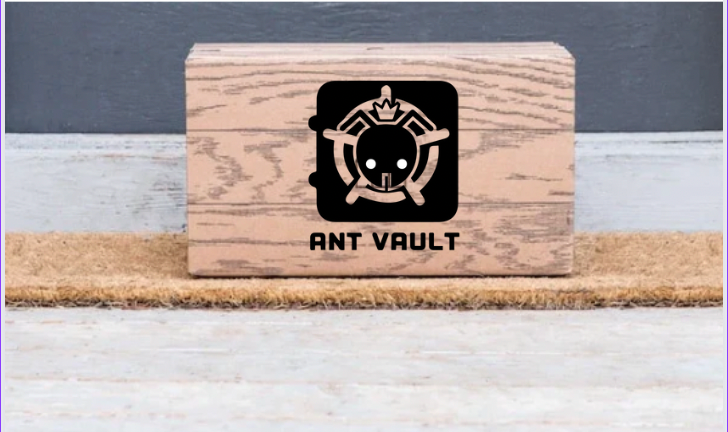


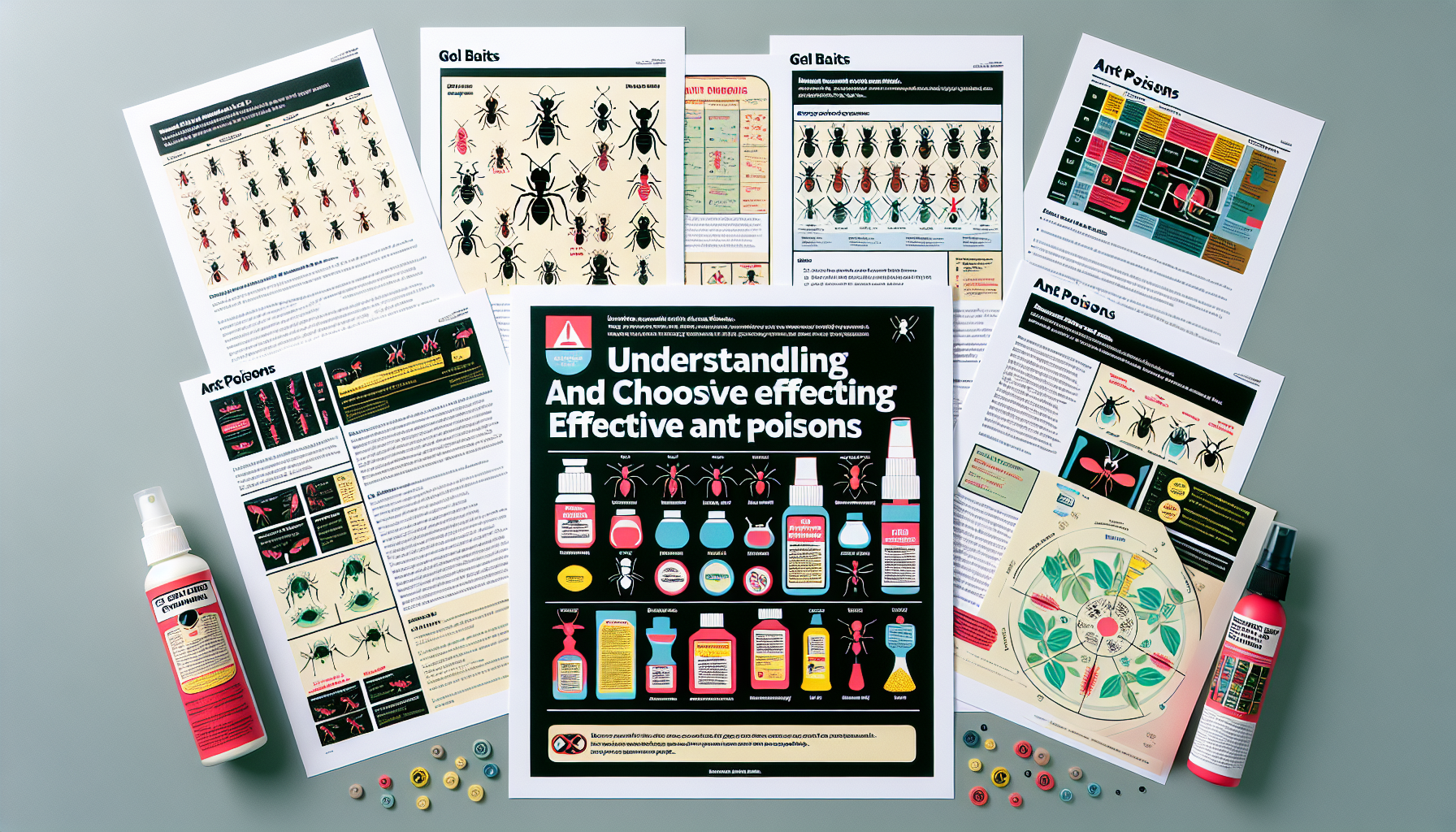
Leave a comment